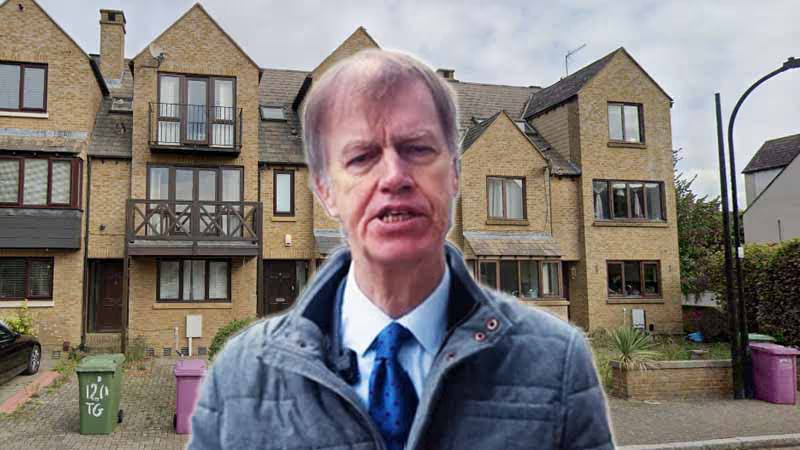Landlords and their letting agents are being warned that all tenants must now have their identities checked before they take up a tenancy or face fines running into thousands of pounds and even, in the worst cases, a prison sentence.
Lettings used to be exempt from compliance with anti-money laundering (AML) regulations unless the properties were more than €10,000 (£8,700) a month to rent
But the net has now closed in on all tenancies regardless of their monthly rent and, from May this year, landlords and agents have had to check the identity of all their prospective tenants.
LandlordZONE sat down with expert Lori Thompson (main image) to find out why this has happened, and what it means for the private rented sector in practice.
Thompson, who has had a long career in the lettings industry including a working for Foxtons, says the industry has been aware for more than ten years that lettings has been a target for criminals looking to ‘wash’ their dirty cash.
“This is particularly true of sub-letting or ‘rent-to-rent’ arrangements, because it is a particularly convenient way to launder money through rental properties,” she says.
This is because payments of less than £5,000 into bank accounts are a loophole that criminals have identified, because it is only amounts above that which banks tend to focus on for compliance.
Big transactions
“Previously, the Government thought it was the big transactions – people buying £5 million houses in central London, for example, that were the priority and although they are still important, it is the ‘drip feed’ of smaller payments via rental payments that is where the big laundering activity is taking place by criminal or terrorist organisations,” she says.
One way the ’laundering’ takes place is when a tenant, the launderer, pays a large amount of money up-front for a tenancy and then, as soon as the break clause can be enacted, ends the tenancy and asks for the up-front rent back – which in effect ‘cleans’ the cash.
“The Renters’ Rights Bill will stamp this out
“The Renters’ Rights Bill will stamp this out, though, when ‘rent in advance’ or more than a month’s rent is banned once the legislation goes live,” she adds.
But there are also many other money laundering routes open to criminals within the private rental sector, including outright property theft by criminal-controlled tenants – something journalist Max Hasting’s wife experience at first hand – and also tenants who use fake identities to rent properties and then sub-let them via Airbnb and, once again, launder their ill-gotten gains into clean money.
Given all this activity, it is therefore not surprising that the Government is now asking landlords and letting agents to put all their tenants through identity checks and be more careful about who they rent their properties to.
“Landlords in particular, but also some letting agents too, are not aware of their new responsibilities,” adds Thompson. “Nevertheless, I say to them ‘surely you don’t want to put a fraudster into a rental property’.
“And also, remember that fraud techniques now are so sophisticated that you need to do more than just a credit check.”
Visit her company EA Compliance for more information or read her free PDF guide written for LandlordZONE readers.
















.avif)
.avif)





















Comments